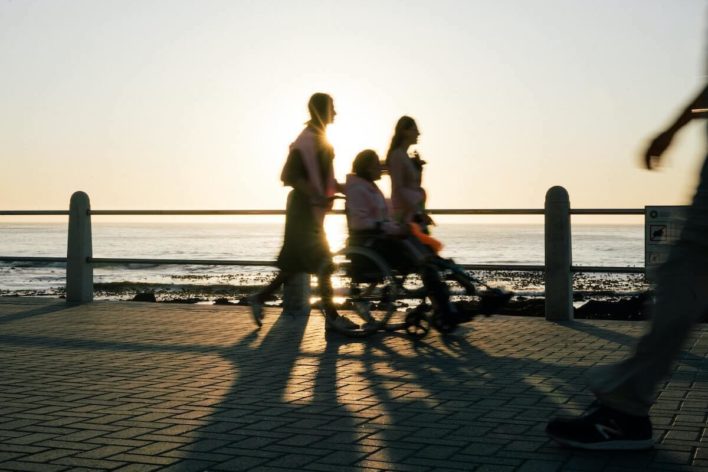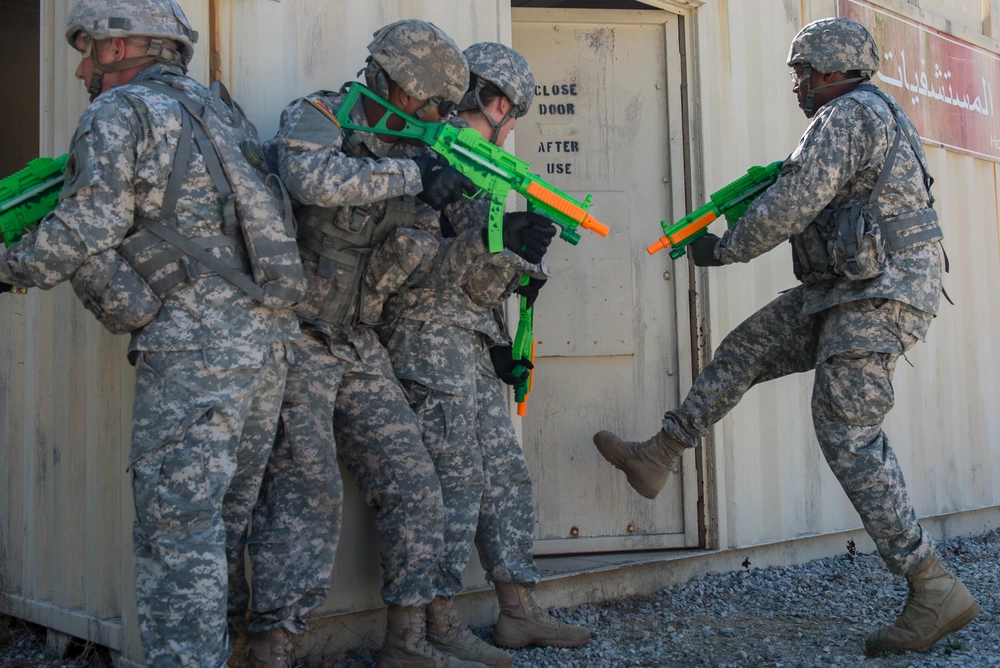VA Caregiver Program Expanded

Expansion of VA Caregiver Program Now Includes Caregivers from All Eras
Originally available only to caregivers of post 9/11 veterans, the Program of Comprehensive Assistance for Family Caregivers (PCAFC) began its first phase of expansion on October 1st, 2020. Over the next two years, this VA service will become available to caregivers of veterans from all eras.
PCAFC provides support for caregivers of veterans living with service-connected injury or illness and needing personal care for at least six months. Personal care includes help with activities of daily living (eating, dressing, bathing, etc.). Caregivers may also provide supervision and protection if the veteran’s injury or illness impacts their ability to maintain personal safety.
PCAFC is one part of a larger series of VA caregiver support services. It focuses on meeting the needs of caregivers.
RELATED: VA Support and Resources for Caregivers
PCAFC Roots and Expansion
The Caregivers and Veterans Omnibus Health Services Act of 2010 lead to positive changes in services for caregivers of injured post 9/11 veterans. This Act required the VA to establish a comprehensive program to support caregivers of veterans with serious injury occurring in the line of duty.
PCAFC is a broad and comprehensive program designed to meet the needs of caregivers of veterans. PCAFC was implemented in May of 2011.
Following the VA MISSION Act of 2018, eligibility for PCAFC is being expanded to include both post 9/11 veterans and those serving before May 7, 1975 and who have sustained serious injury or illness in the line of duty. A second phase of expansion will occur in the next two years to expand eligibility to all remaining veterans.
Caregiver Eligibility
Caregivers must be at least 18 years old and either a family member or someone who lives with the veteran full-time. Caregivers must be assessed by the VA, complete training, and demonstrate ability to provide care to the veteran.
Caregiver Training
One of the largest efforts to train family caregivers in U.S. history, PCAFC requires caregivers to complete training. Training is offered in two languages: English and Spanish. It is completed either online or by working through a workbook.
The PCAFC curriculum includes the following topics:
- Caregiver self-care – nutrition, exercise, and stress management
- Caregiving skills – vital signs, controlling infection, providing wound care, managing medications and pain
- Personal care – supporting activities of daily living, independence, and assistive devices in the home
- Home safety – preventing falls and emergency preparedness
- Managing challenges – associated with PTSD, TBI, depression, suicide, or substance abuse
- Caregiver as an advocate – information on programs, benefits, support groups, respite care, legal and financial information
Monthly Stipend
Accounting for approximately 80% of the total program costs, a monthly stipend is directly paid to the caregiver. Stipends vary and are determined by the local VA. The number is calculated based on the needs of the veteran and total number of hours given each week. The number is also balanced with the local salary of a home health aide.
Information reported in Caregiver Training and Monthly Stipend sections is found in a 2017 study.
Additional Benefit Components
In addition to training and a monthly stipend, caregivers may be eligible for various other benefits.
- Access to health insurance coverage for the caregiver through the Civilian Health and Medical Program of the VA
- Reimbursed travel expenses when attending required training or accompanying the veteran for treatment
- Respite care services
- Mental health services for the caregiver
- Continued monitoring of veteran and caregiver wellbeing through quarterly assessments
Components of Program Expansion
Under the VA MISSION Act of 2018, PCAFC is undergoing a few changes.
Expanded Eligibility
In addition to post 9/11 veterans, the program is now available to veterans who served on or before May 7th, 1975. Over the next two years, the program will become available to veterans of all eras.
Legal and Financial Services
Designated caregivers of eligible veterans will have access to legal and financial services in 2021.
Improved Communication
Improved procedures for communication occur under the new PCAFC. Examples include notification if someone is removed from the program and how monthly stipends are calculated.
Eligibility Requirements
Veterans must have a serious service-connected injury or illness with a disability rating of 70% or more, as determined by a local VA. Care from the caregiver must be needed for 6 months and care of this nature is in the best interest of the veteran.
Caregiver Support is Necessary
Caregivers are often critical players in the overall health and well-being of veterans living with service-related disabilities. Their valuable work augments the work of the veteran’s healthcare team. Providing personalized care to veterans with complex health needs is demanding work. Supporting caregivers is necessary and better accomplished with support from PCAFC and related programs.
RELATED:
- VA Benefits for Family Members, Survivors, and Family Caregivers
- VA Adapted Housing Grants: An Overview
- Mental Health & Resilience Resources for Veterans
- Suicide Prevention Resources for Military & Veterans
- Free Yoga For Veterans
- VA Partnership to Expand Lung Cancer Screenings
- Outdoor Recreation for Veterans: Free and Discount Options
- Legislation Improves VA Caregiver Programs: TEAM Veteran Caregivers Act
- Help For Military Families During COVID-19 Pandemic


